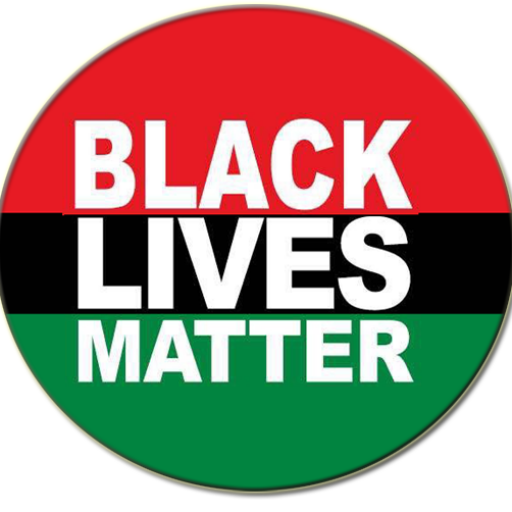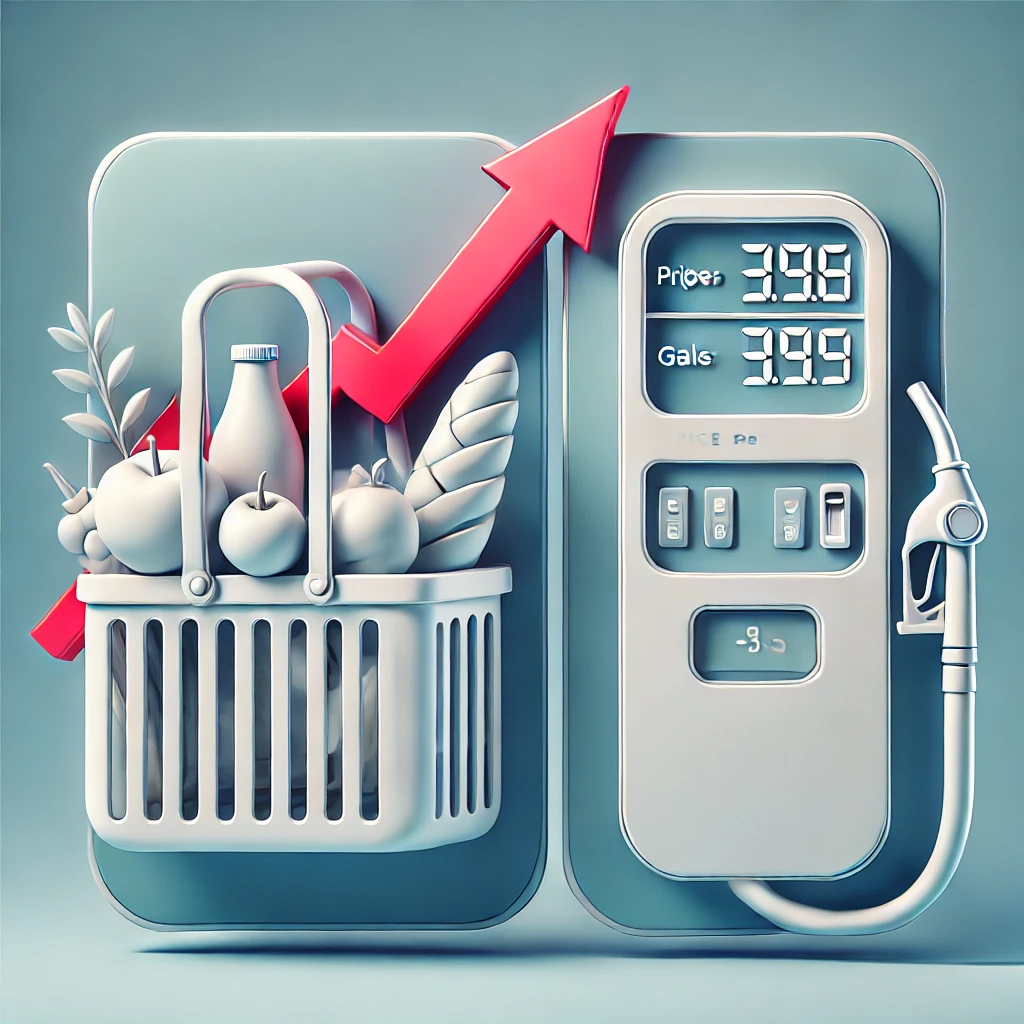Who It Hurts Most and What We Can Do About It

Every day, the price of food, gas, and essentials creeps higher—leaving our wallets stretched and our communities feeling the squeeze. This isn’t just inflation; it’s a real crisis. And like many economic hardships, it’s hitting marginalized communities the hardest. If we don’t act now, the gap between survival and stability will only widen.
How Inflation Disproportionately Affects Marginalized Communities
- Inflation is a burden for everyone, but it doesn’t impact all communities equally. People of color, low-income families, and those in historically under-served areas are feeling the weight of rising costs more than others. Here’s why:
- Wage Gaps and Job Insecurity: Black and Brown workers often earn lower wages due to systemic barriers to employment and pay equity. When inflation drives up prices, stagnant wages make it harder to afford even the basics.
- Housing Displacement and Rent Hikes: Gentrification, eviction policies, and the soaring cost of rent disproportionately impact marginalized neighborhoods, leaving families struggling to keep a roof over their heads.
- Food Deserts and Higher Grocery Bills: Many communities of color live in food deserts areas without access to affordable, healthy food. As grocery prices rise, those already forced to travel miles for fresh produce are hit even harder.
- Limited Access to Financial Safety Nets: Many Black and Brown families have less generational wealth and fewer savings. This means fewer resources to fall back on when times get tough.
- Higher Costs for Essentials: Utility bills, public transportation, and medical care are all increasing, disproportionately affecting those who already have fewer options for financial relief.
Government Policies & Corporate Practices That Fuel This Crisis
Inflation isn’t just a natural economic phenomenon; it’s often driven by policies and corporate greed. While everyday people struggle, billion-dollar companies and policymakers continue to shape an economy that prioritizes profits over people.
- Corporate Price Gouging: Many large corporations are raising prices beyond what’s necessary to cover inflation, using the crisis as an excuse to boost their profits.
- Minimal Wage Growth: The federal minimum wage has remained stagnant, failing to keep up with inflation. Even in states with higher wages, the cost of living is rising faster than salaries.
- Lack of Rent Control & Housing Protections: Real estate investors and landlords continue to hike rent, while governments fail to enforce policies that protect tenants from unfair evictions and price spikes.
- Inadequate Social Programs: Cuts to food assistance, healthcare access, and public transportation make it harder for struggling families to stay afloat.
Tax Breaks for the Wealthy, Austerity for the Poor: While corporations and the rich benefit from tax cuts, working-class people are left to shoulder the burden of increasing costs with little relief.
What We Can Do: Action Steps for Change
The cost of living crisis is not inevitable—it’s the result of policy decisions and economic structures that can be challenged. Here’s how we fight back:
1. Demand Policy Changes
- Advocate for a livable wage increase that keeps up with inflation.
- Push for rent control and tenant protections to stop exploitative price hikes.
- Demand stricter regulations against corporate price gouging.
- Support expanded access to food assistance and public benefits.
2. Organize and Mobilize Locally
- Join or create local mutual aid groups that provide essentials to struggling families.
- Organize community meetings to discuss the cost of living crisis and develop collective solutions.
- Support and promote local businesses that provide fair wages and reinvest in the community.
3. Vote with Your Dollar & Your Ballot
- Boycott corporations that engage in price gouging and unfair labor practices.
- Support progressive candidates who prioritize economic justice and affordability policies.
- Hold elected officials accountable for policies that increase inequality.
4. Raise Awareness & Build Solidarity
- Use social media to share stories and highlight how inflation affects your community.
- Speak up at town halls and city council meetings about rising costs and corporate exploitation.
- Connect with labor movements and advocacy groups working for fair wages and workers’ rights.
Time for Action
The cost of living crisis is not just about numbers—it’s about people’s lives, their dignity, and their right to a fair and just economy. We cannot afford to sit back while corporations and policymakers prioritize profits over basic human needs. It’s time to unite, push for systemic changes, and demand a society that puts people first.
Share your story, get involved, and let’s build a movement for economic justice. #CostOfLivingCrisis #TimeForAction
Please support our mission





